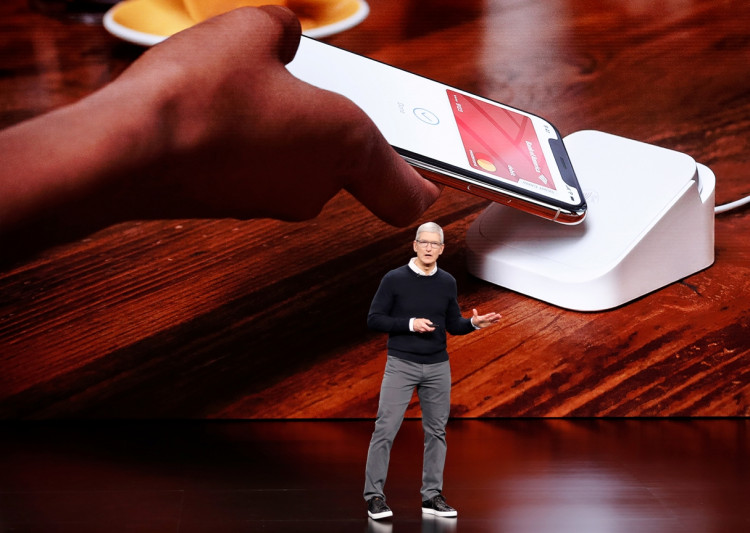Apple Inc. is reportedly in discussions with Chinese tech giants Tencent and ByteDance to integrate their artificial intelligence (AI) models into iPhones sold in China. This move comes as Apple navigates the country's strict regulatory environment, which requires government approval for generative AI services and restricts access to foreign AI platforms like OpenAI's ChatGPT.
The talks, still in early stages, aim to incorporate Tencent's Hunyuan AI model and ByteDance's Doubao into Apple's ecosystem, according to Reuters. The potential collaboration follows earlier negotiations with Baidu that reportedly stalled over data privacy disputes, highlighting the challenges Apple faces in adapting its AI strategy to one of its most critical markets.
China, Apple's largest market outside the United States, contributed 17% of its revenue in the last fiscal year. However, the company has faced growing competition from domestic smartphone brands, including Huawei, which has gained significant traction with its AI-enabled Mate 70 series. In the third quarter of 2023, Huawei's sales surged 42%, while Apple's sales in China dipped slightly by 0.3% year-over-year.
The integration of local AI models could provide Apple a competitive edge in the rapidly evolving Chinese market. Tencent's Hunyuan AI, launched in September 2023, has been steadily updated and powers the company's Yuanbao chatbot, which attracted over 1.16 million visits to its web platform in October. Meanwhile, ByteDance's Doubao chatbot has been gaining momentum, with its app recording 48.39 million monthly active users by the same period.
In a statement to the South China Morning Post, Space Transportation, ByteDance's parent company, highlighted the commercial potential of their AI technologies. "This engine has significant commercial potential in the field of high-speed flight within near-space environments," the company said. This sentiment underscores the broader ambitions of Chinese tech firms to dominate generative AI applications, both domestically and globally.
Apple's efforts to integrate these technologies come as it continues to roll out its own AI initiatives globally. The company launched Apple Intelligence, a suite of AI-driven features such as OpenAI-powered enhancements to Siri, Writing Tools, and other applications in the U.S. earlier this year. However, these services remain unavailable in China due to regulatory hurdles.
Apple CEO Tim Cook addressed the issue during a recent visit to Beijing, stating, "There's a very specific regulatory process behind this, and we need to complete this process." Cook's visit was his third to China this year, reflecting the market's importance to Apple's supply chain and strategic goals. He noted that 80% of the company's top 200 suppliers are based in China.
The success of these negotiations could have significant implications for Apple's market position in China. The tech giant briefly fell out of the country's top five smartphone vendors earlier this year before rebounding to the second position in the third quarter, driven by strong sales of the iPhone 16.





